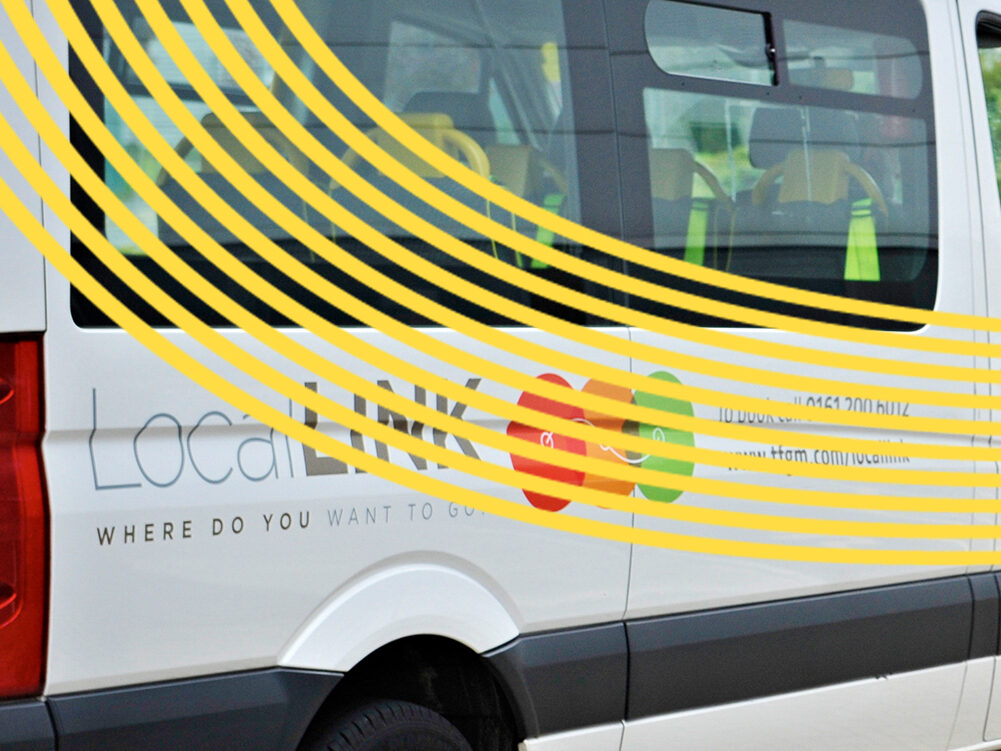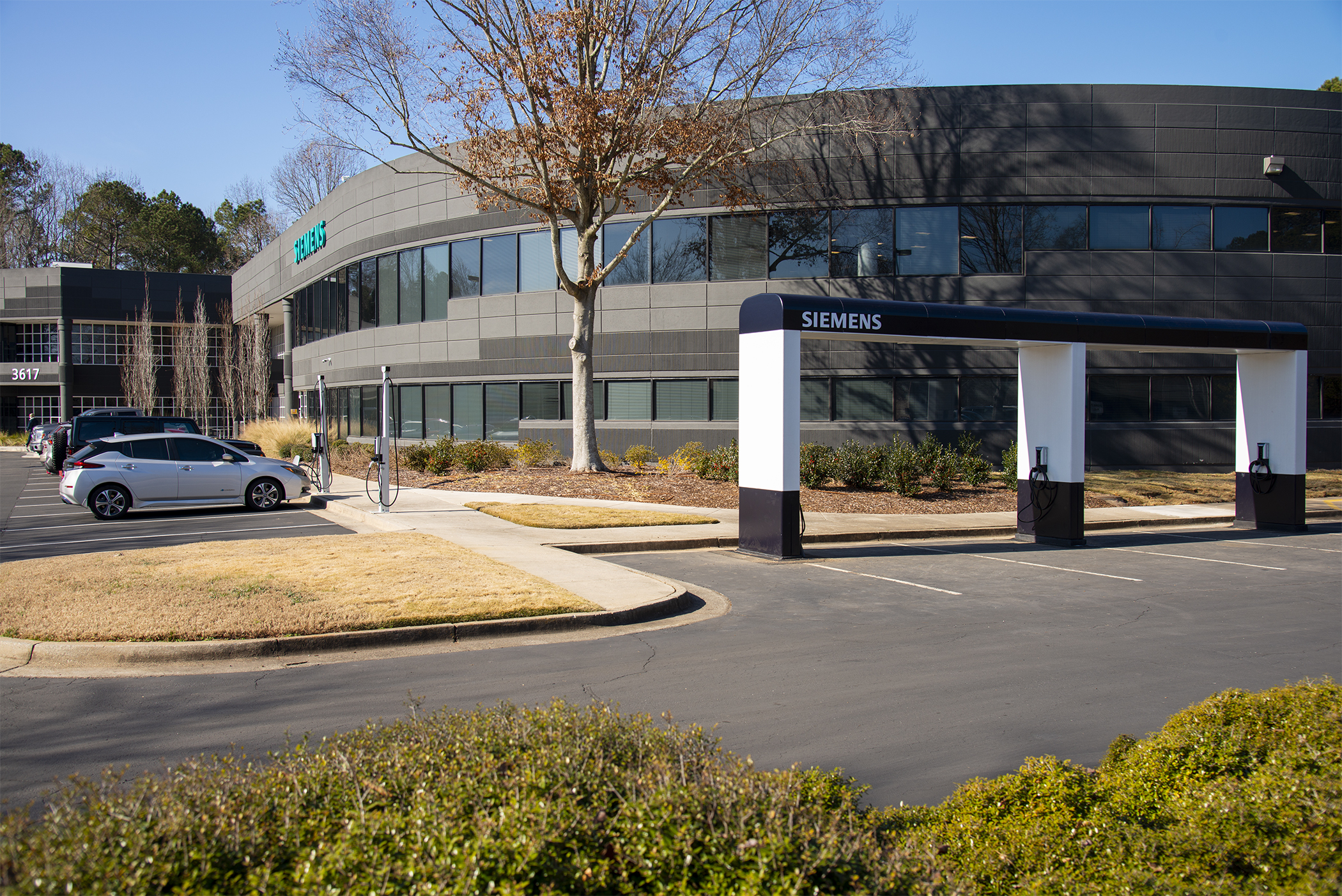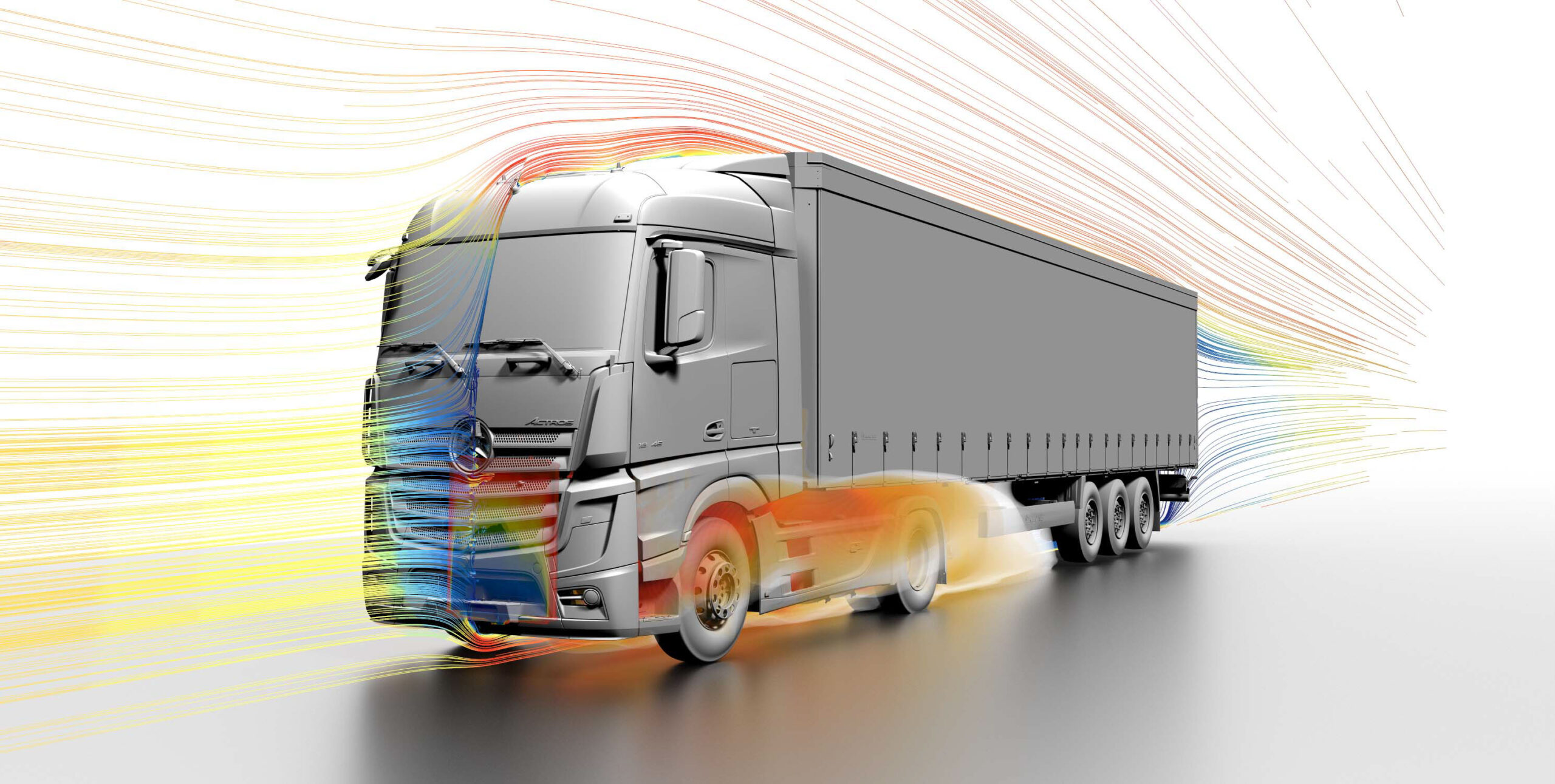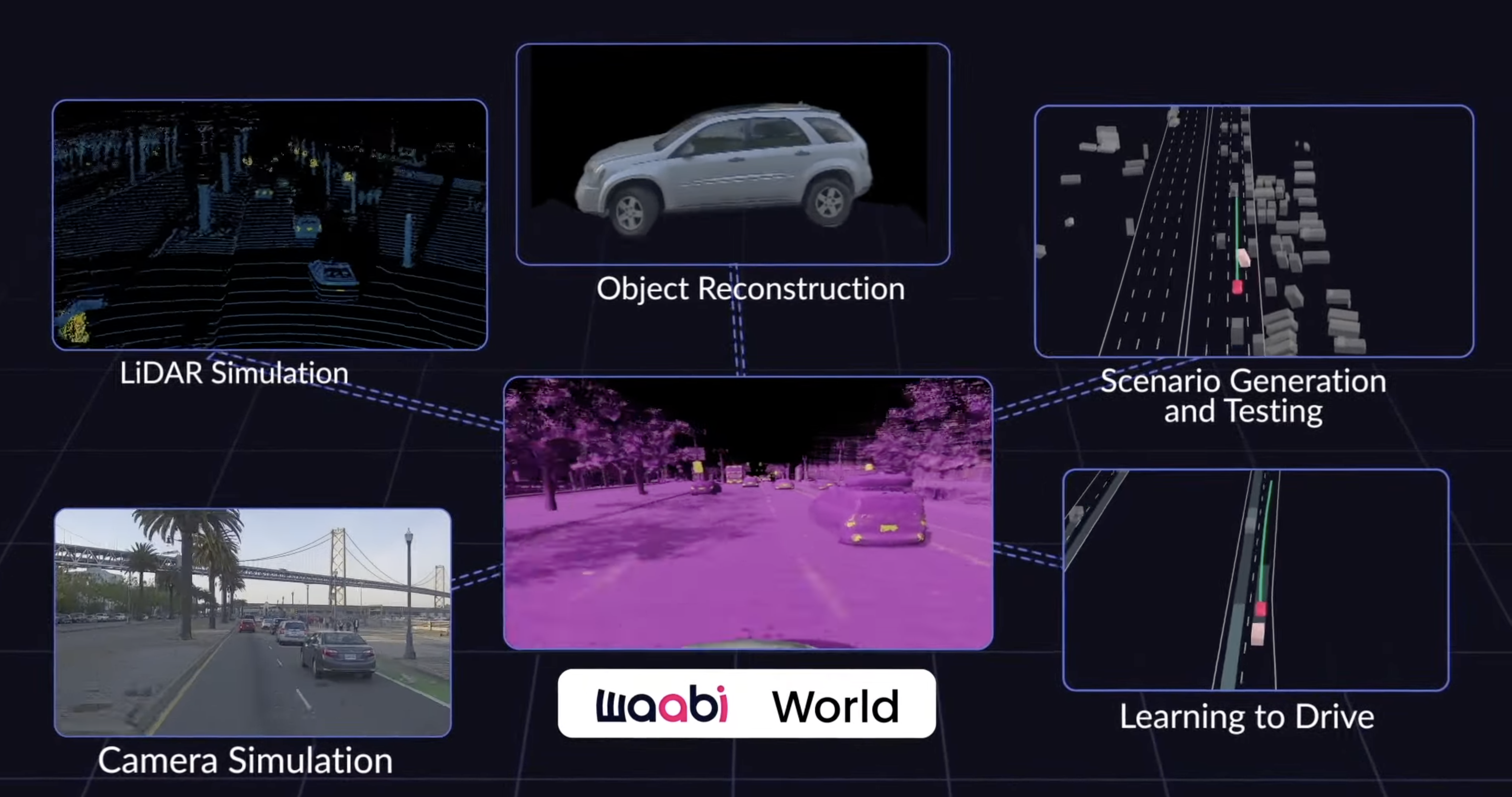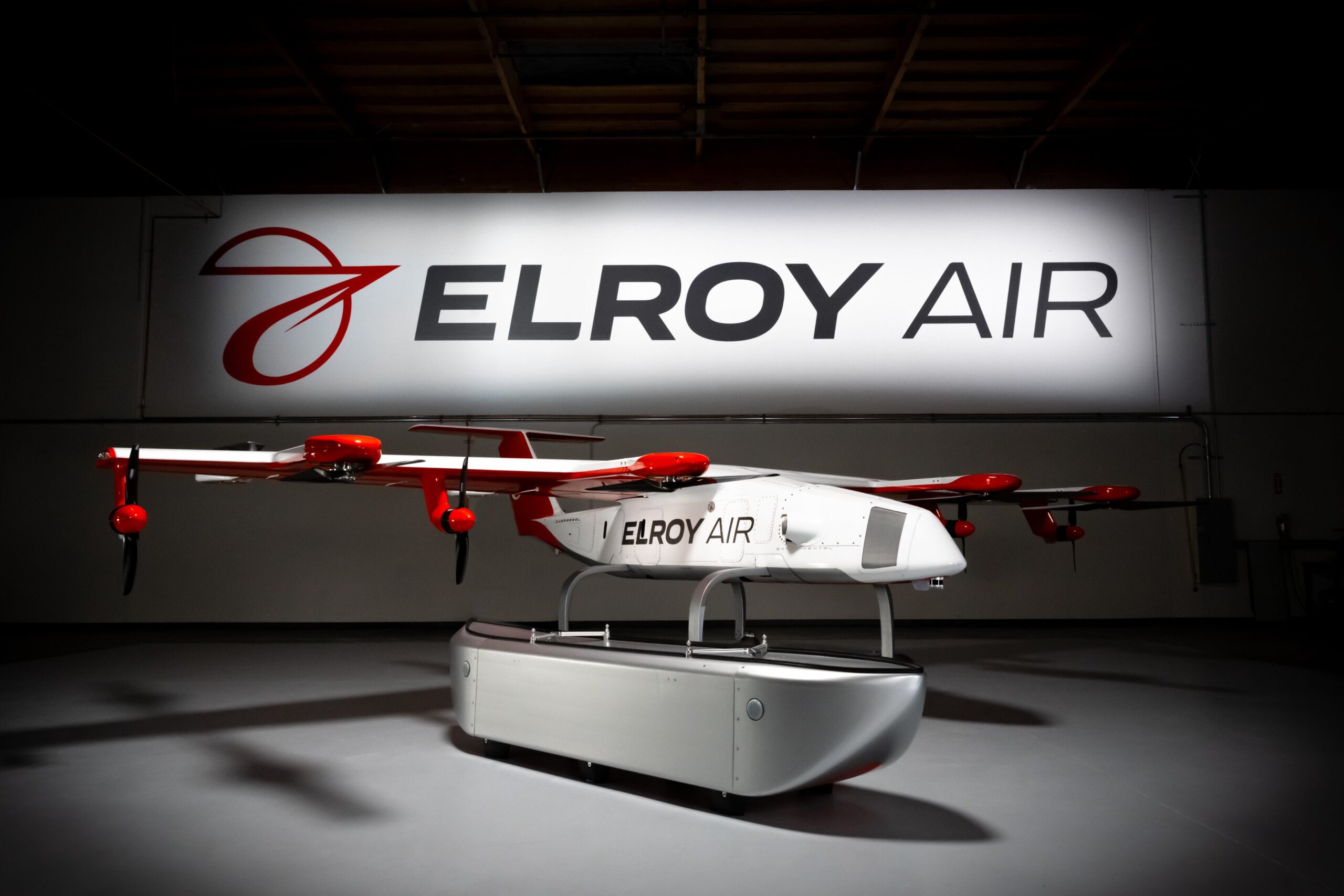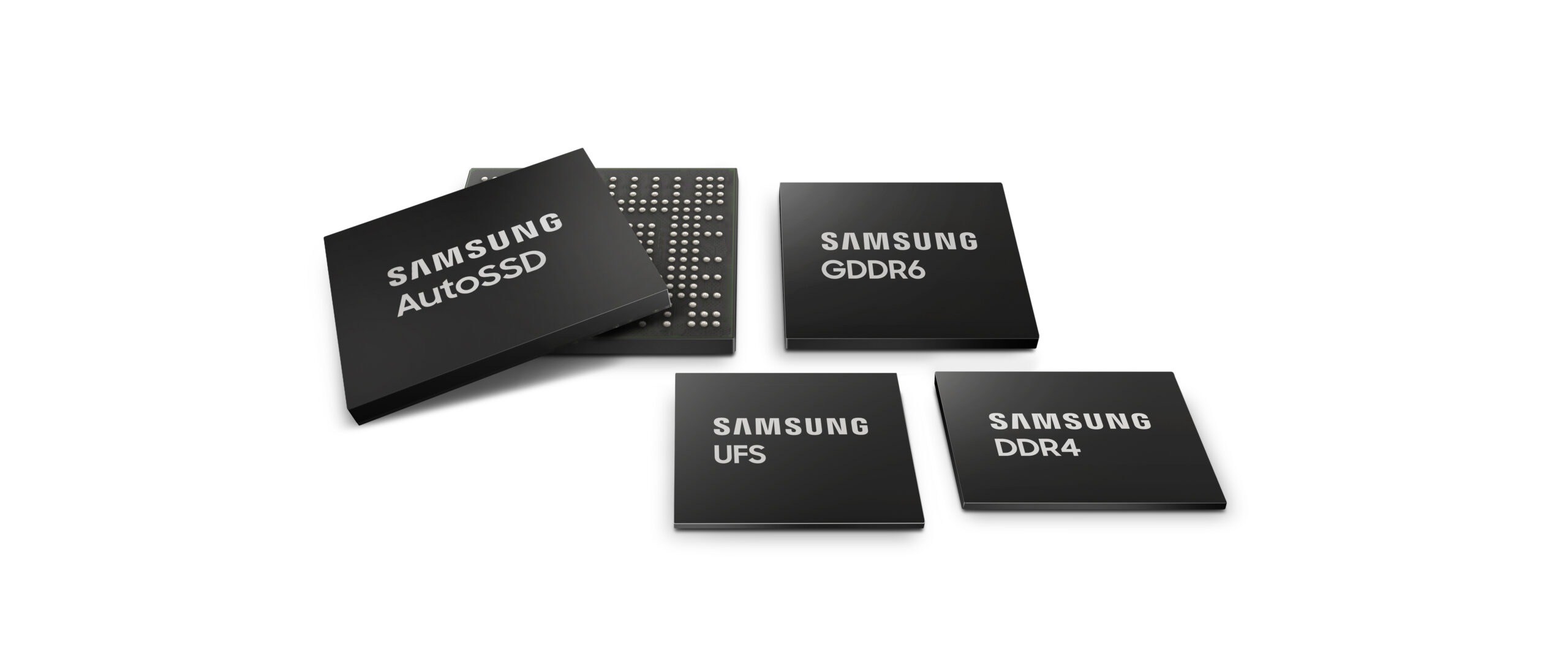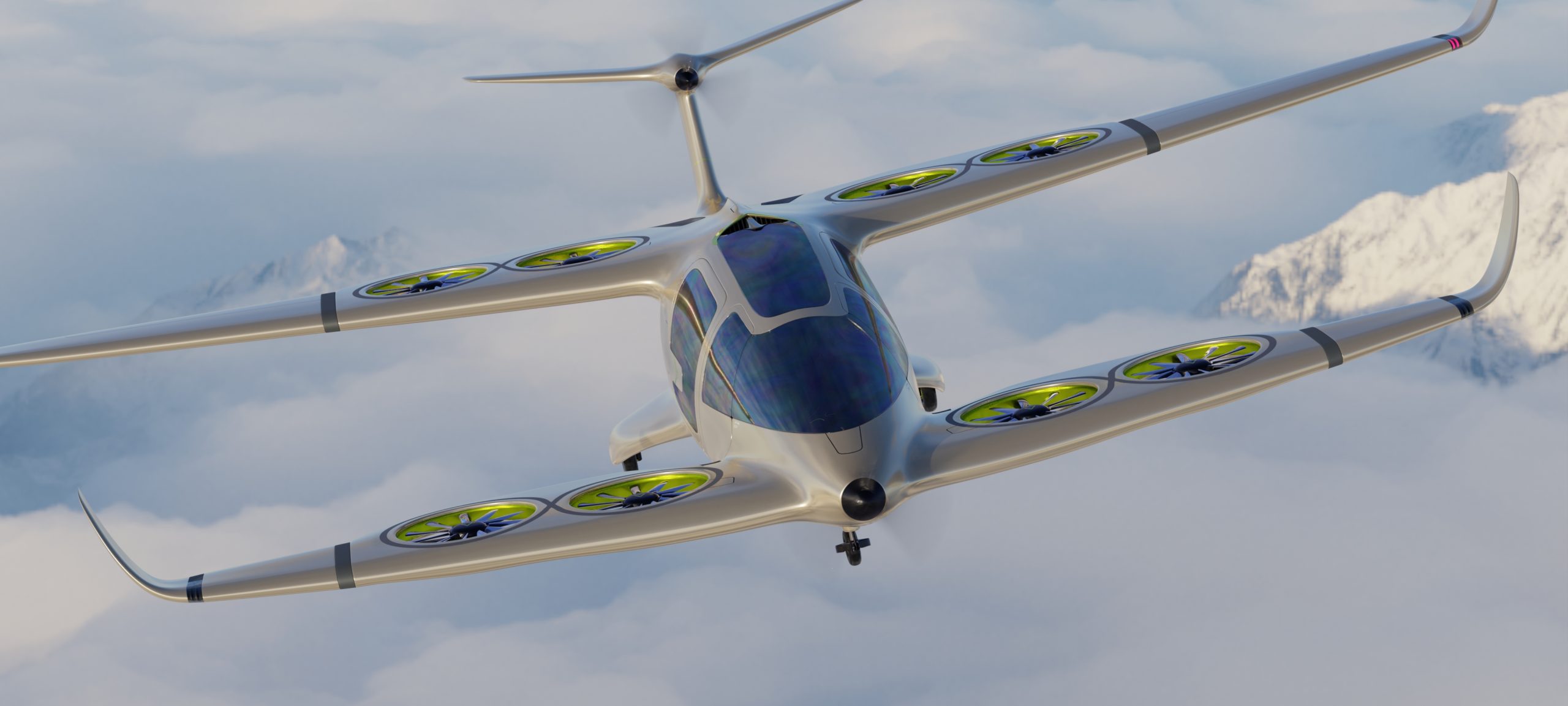Siemens and Protium are collaborating on a digital twin project that aims to digitalise the development of hydrogen infrastructure for aircraft.
The companies are aiming to use a digital twin programme to develop and test rapid refuelling technology for hydrogen-powered aircraft. The project will deploy a digital model of the refuelling system to optimise system design, before simulating and testing its real-world performance to reduce the need for expensive prototypes.
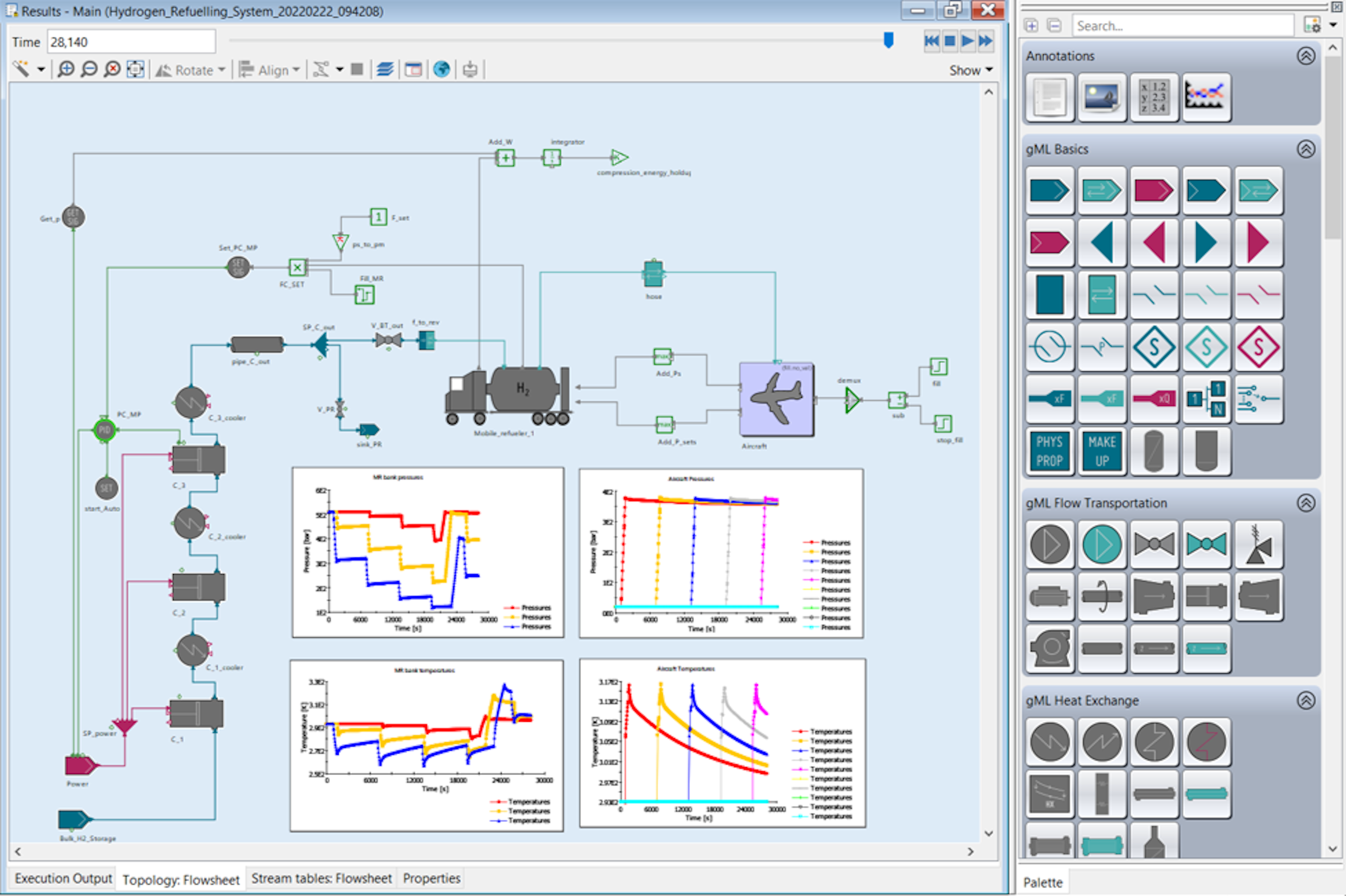
There are a number of ways in which hydrogen can be produced to serve as a fuel source. One of the greener options is so-called ‘green’ hydrogen, which is produced, for example, by using renewable electricity. The hydrogen would then fuel aircraft instead of conventional fossil fuels. However, current technology is not able to deliver rapid refuelling to make hydrogen commercially viable for the aviation sector.
Siemens and Protium therefore hope to combat this barrier and develop efficient hydrogen infrastructure for future aircraft.
Dr Jen Baxter, Director of Innovation and Policy at Protium said:This novel approach to designing refuelling systems will increase confidence and understanding in the capabilities of emerging hydrogen technology, increase uptake across the UK and accelerate the transition to zero emission flight and tackle climate change.
Siemens and Protium’s digital twin project is grant-funded by the Connected Places Catapult and the UK Department for Transport.
Bart de Groot, Business Manager Operational Excellence Solutions, Process Automation at Siemens, said:Siemens is working extensively with clean energy innovators to help bring new technologies to market as rapidly as possible. We are very excited to be working with Protium to reduce time-to-market in the challenging area of zero emission flight.





